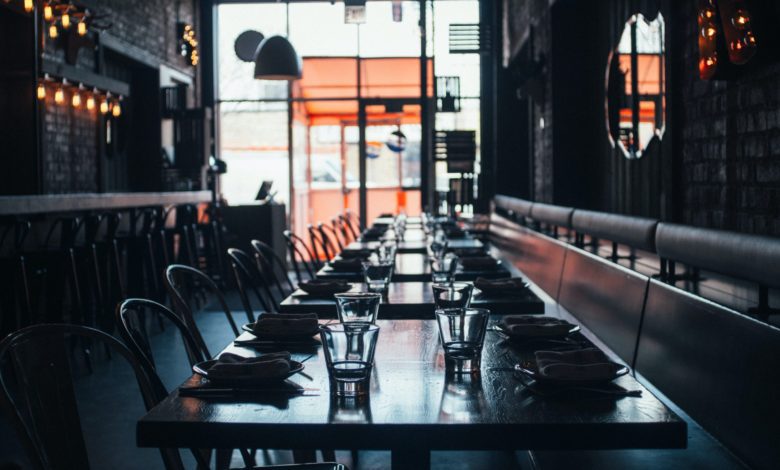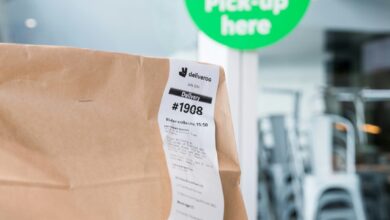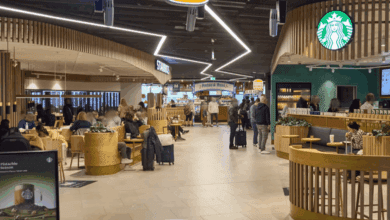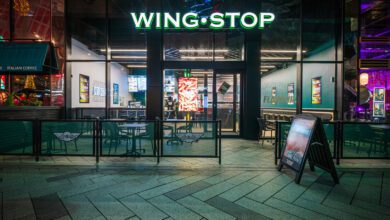Increased VAT has restaurants worried about survival, says RAI
The figures come after there were 47 insolvencies in the food-led hospitality sector in the first quarter of 2024

Register to get 1 free article
Reveal the article below by registering for our email newsletter.
Want unlimited access? View Plans
Already have an account? Sign in
More than nine-in-10 respondents have said that the reduced VAT rate of 9% for the food-led hospitality sector, which increased to 13.5% last September, had been critical to the survival of their business, according to a new survey conducted by Interpath Advisory and the Restaurants Association of Ireland (RAI).
The survey revealed that confidence across the restaurant industry is being tested as more than half (51.2%) of respondents expect their revenues will decrease over the coming 12 months and the vast majority (90.7%) said that their profits would likely fall.
The pessimism could also impact jobs with nearly two thirds (64.0%) of those surveyed expecting to reduce jobs numbers over the next year.
When asked to identify the greatest threat facing the viability of their business, the VAT hike for restaurants, cafés and other food-led businesses last year was the most common response (68.6%), followed by wage inflation (12.8%) and weak consumer spending (7%).
The figures come after there were 47 insolvencies in the food-led hospitality sector in the first quarter of 2024. More than two thirds of respondents (69.8%) of the survey said that trading conditions had deteriorated for them over the past 12 months and the majority (62.8%) said their business had traded below expectations.
Brendan O’Reilly, director at Interpath Advisory in Ireland, said: “Trading conditions for many consumer-facing businesses are challenging and the majority of respondents said that the market had deteriorated.
“Inflation has suppressed spending per head and coupled with wage increases, input prices and higher borrowing costs, margins are being squeezed and leaving little room for managing debts. The 9% VAT rate for the food-led hospitality industry was a lifeline for small, independent restaurants and cafés and the reintroduction of the 13.5% rate is clearly having an impact and weighing heavily on restaurateurs.”
He added: “While sentiment may be weak, it is encouraging that Revenue has been supportive and understanding of the business community, particularly with warehoused debt, and there are options available to address even the most pressing circumstances. Whichever route is chosen, early intervention is key to giving a business the best possible chance of not only surviving but building a sustainable and positive future.”
Adrian Cummins, Restaurants Association of Ireland, concluded: “Following this survey, it is now beyond doubt that restaurateurs are seriously concerned for the future of their businesses. My hope is that the government acts before it is too late and we lose so many cherished restaurants and cafés that play a vital social role in local communities. The time has come for the 9% VAT rate to be reinstated for food-led hospitality businesses. It is the only way to stop the closures and ensure long-term viability for our industry.”







